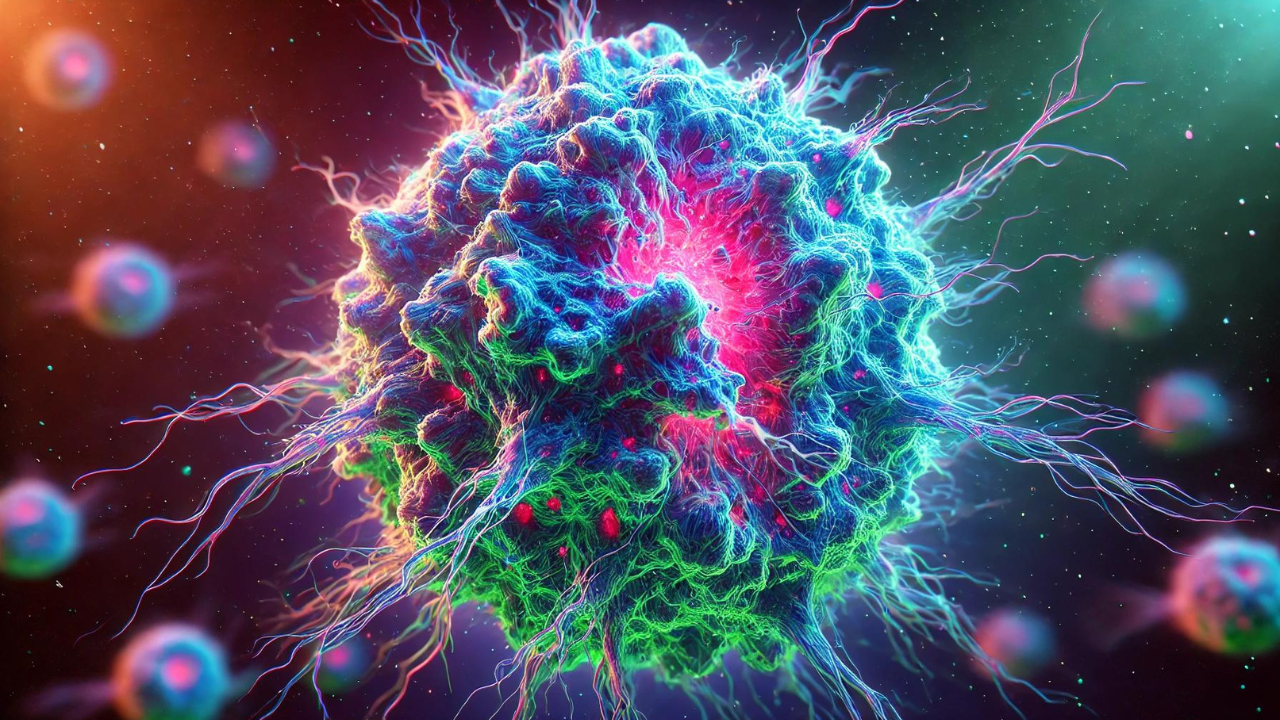TLDR
- UCLA researchers found that using an AI system to map the spread of prostate cancer yielded 45 times more precise diagnoses than doctors.
- Accurate mapping of the cancer’s spread is key to proving the right level of treatment.
- The study was funded by the NIH. However, four of the researchers work for the company that developed the AI system.
AI can dramatically improve the accuracy of mapping the spread of cancerous tissue, according to a study by UCLA researchers. Findings from their paper, published in the Journal of Urology, could lead to more precise diagnoses, better treatment planning, and more effective surgical procedures.
Accurately determining the extent of prostate cancer is crucial to tailoring treatments, as different stages require different approaches, said Dr. Wayne Brisbane, assistant professor of urology at the David Geffen School of Medicine at UCLA and a member of the UCLA Health Jonsson Comprehensive Cancer Center.
The study revealed that AI-assisted cancer contouring was 45 times more accurate and consistent in predicting cancer size compared to conventional clinical imaging and blood tests alone. This improvement addresses a longstanding challenge in prostate cancer diagnosis, where the true extent of the cancer can be “MRI-invisible,” often leading to an underestimation of tumor size.
The AI system, developed collaboratively by UCLA and Avenda Health, has already demonstrated superior performance in defining prostate cancer margins compared to MRI alone. To evaluate its effectiveness in clinical settings, the researchers conducted a multi-reader, multi-case study involving 10 physicians with varying levels of experience.
The results were striking. When using conventional methods, doctors achieved a negative margin (indicating all cancerous tissue was identified) only 1.6% of the time. With AI assistance, this figure skyrocketed to 72.8%. “We saw the use of AI assistance made doctors both more accurate and more consistent,” noted Shyam Natarajan, assistant adjunct professor and senior author of the study.
Beyond improving accuracy, the AI system also increased clinician recommendations for focal therapy among patients with unilateral cancer. This could potentially reduce the risk of side effects associated with more aggressive treatments like surgery or radiation therapy.
The implications of this research extend beyond prostate cancer. “The use of AI in cancer treatment could lead to more effective and personalized care for patients, with treatments that are better tailored to their individual needs,” Brisbane concluded.
The study was funded in part by the National Cancer Institute at the National Institutes of Health. Also, four of the researchers are employees of Avenda Health, the AI system’s developer.

